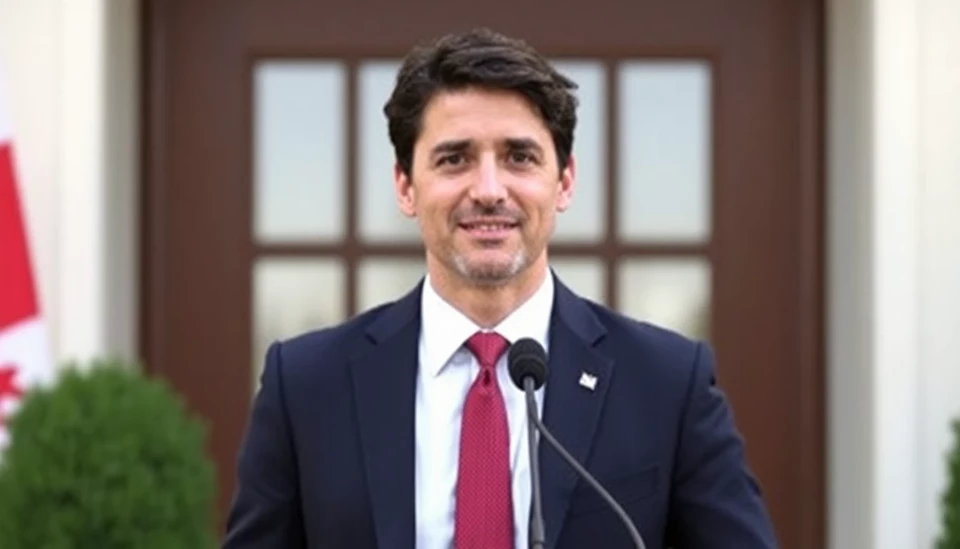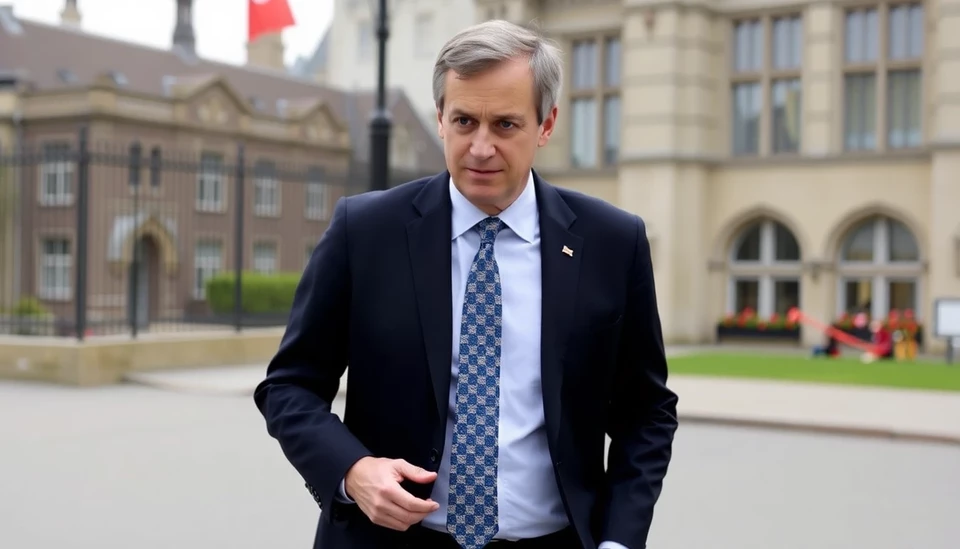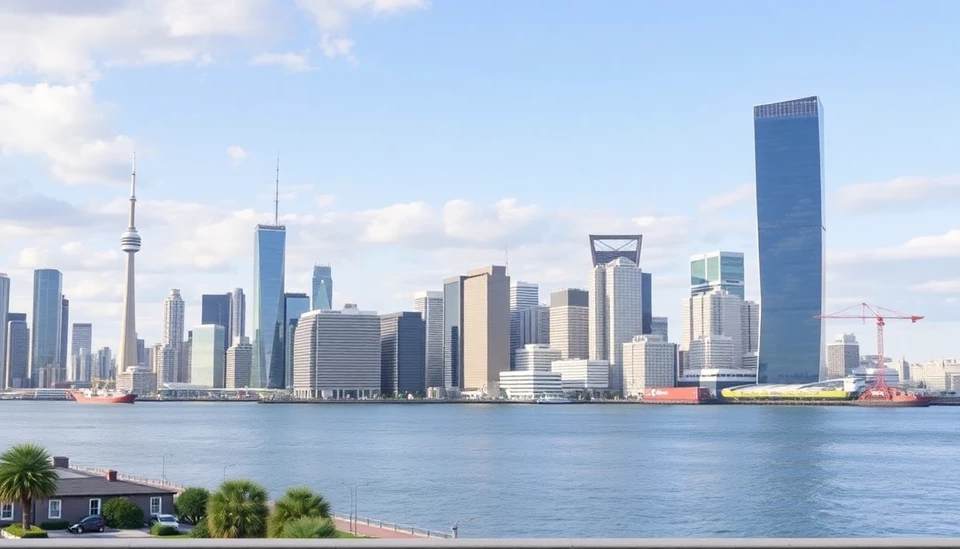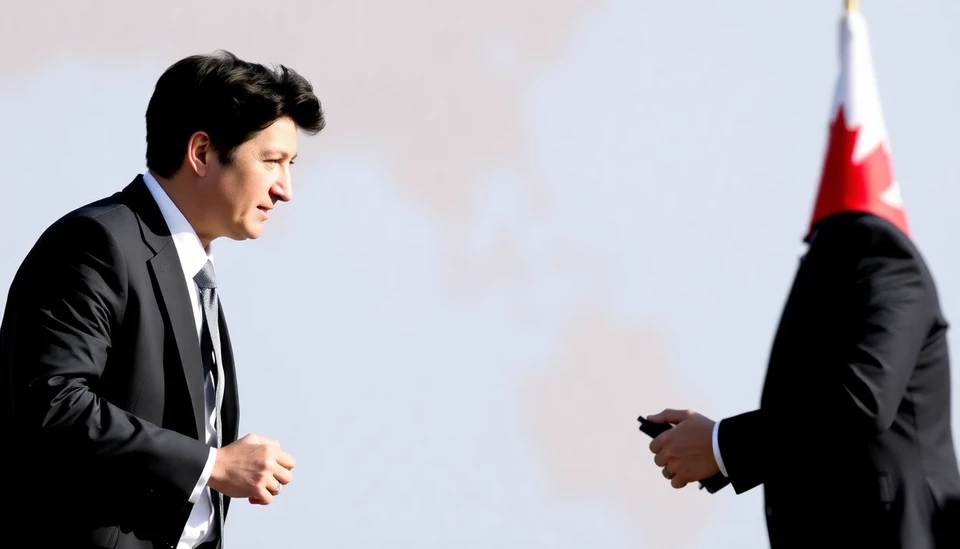
A recent report has reignited the heated debate surrounding Prime Minister Justin Trudeau’s carbon tax, a central piece of the Canadian government’s strategy to tackle climate change. The report, commissioned by an anti-tax organization, contends that the carbon tax is disproportionately burdening ordinary Canadians while failing to meet its environmental targets.
This report arrives at a crucial moment as Canada grapples with mounting inflation and rising energy costs, leading to increased public scrutiny of government policies. Critics are particularly concerned that the carbon tax is aggravating financial strain on families and small businesses, with calls for reevaluation of the program's efficacy growing louder.
Proponents of the carbon tax, including environmental advocates and some economists, argue that it remains essential for encouraging greener energy practices and reducing greenhouse gas emissions. They contend that any adjustments to the existing framework could undermine Canada’s commitment to meet its international climate obligations.
The report suggests that the carbon pricing mechanism has not led to significant decreases in emissions, casting doubt on the government’s claims that the program is effective. The organization behind the study points to data indicating that while Canadians are paying more at the gas pump and for home heating, similar emissions trends are observable in other developed countries without such pricing policies, raising questions about the tax's real impact.
Critics within the Conservative Party have seized on the report's findings to bolster their argument against the carbon tax ahead of the upcoming federal elections. They argue that rather than achieving its stated goals, the tax is merely a revenue-generating tool that prioritizes government income over environmental welfare.
Meanwhile, the Trudeau administration has doubled down on its commitment to the carbon tax, asserting that it is an indispensable mechanism for tackling climate change and fostering a sustainable economy. The government highlights various rebate programs aimed at mitigating the tax's financial impact on low- and middle-income families, emphasizing that this strategy will ultimately prove beneficial for the environment and the economy as more Canadians shift to cleaner energy sources.
As the debate escalates, the implications of the report may significantly influence public opinion and political strategies heading into next year’s election cycle. Voters are expected to scrutinize government actions closely, particularly in regions heavily impacted by rising energy costs.
The outcome of this renewed discourse could determine the future of Trudeau’s carbon tax, potentially reshaping Canada’s approach to climate policy as the country seeks to balance economic growth with environmental stewardship.
As Canadians prepare to voice their opinions, the dialogue surrounding the carbon tax illustrates the complexities at the intersection of climate action, economic stability, and social justice.
#Trudeau #CarbonTax #ClimateChange #Canada #Politics #Economy #EnvironmentalPolicy
Author: Sophie Bennett




